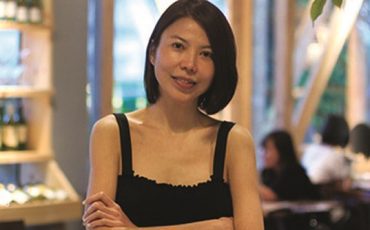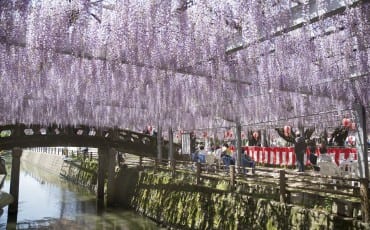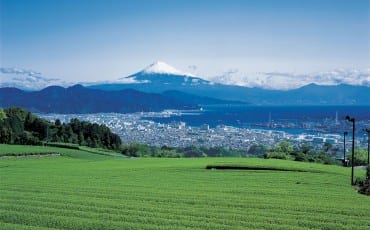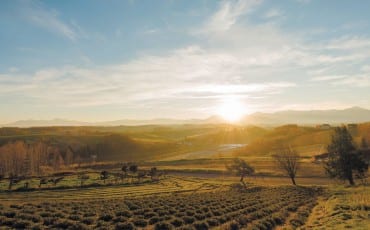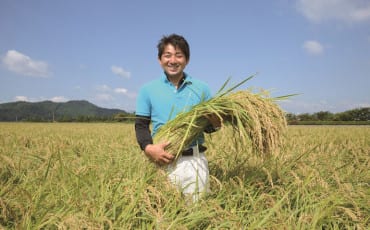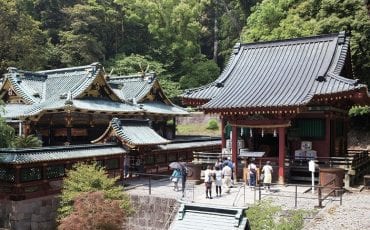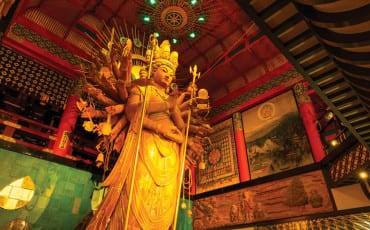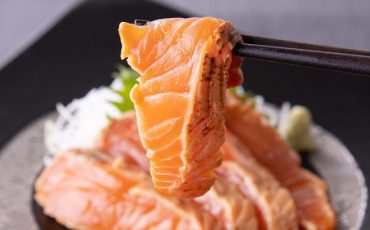Articles
Sake
Sep 15, 2023
FUKUI – Best in Brew
As you bask in Fukui’s harmonic balance of nature, history, and agricultural bounty, find out how you can savor a piece of the region’s culinary treats.
These Fukui-produced sakes are the pride of the region!
Nyusyuzo Co. Ltd.
Founded in 1716 during the mid-Edo Period, Nyusyuzo Sake Brewery may invoke phonetic cues of being “new”, but in fact, it boasts a history of over 300 years! After the passing of its Toji-chief brewer and president, Nyusyuzo is currently run by two sisters and a young farmer who moved to Fukui to cultivate sake rice. The team brews their specialty wares, well-loved by the local community, and grounded in time-tested production processes. The recipe for an all-star sake, however, remains unchanged: with locally-sourced, premium ingredients aplenty, and the fabled “holy water of longevity”, Nyusyuzo brings you two of their best at the Fukui Fare.
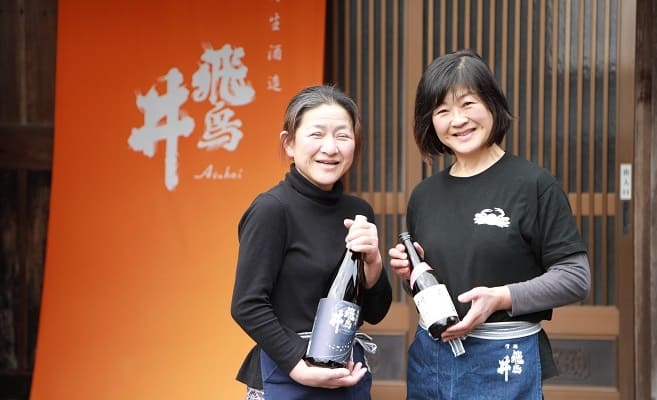
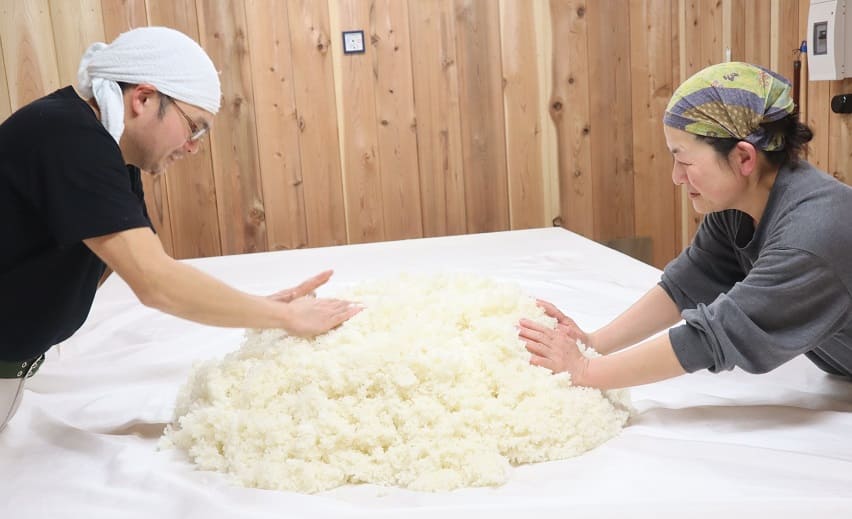
●Asukai Tokubetsu Junmai
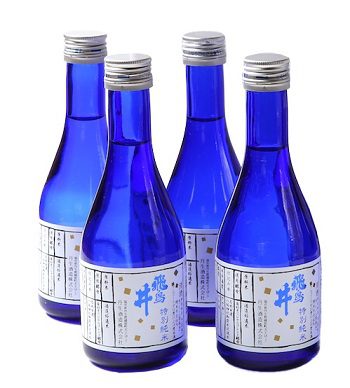
Made from Gohyakumangoku rice grown in the Niu Mountain valleys, the blue-bottled Asukai Tokubetsu Junmai is brewed using water from the Enmei no mizu (prolonging water) of the Yasaka Shrine. Short of being ambrosia for the gods, this sake is locally regarded as “sake for a long life”. Its slightly dry profile, mild ginjo aroma, and lush ricey taste makes this junmai a crisp offering.
●Asukai Sakahomare Daiginjo
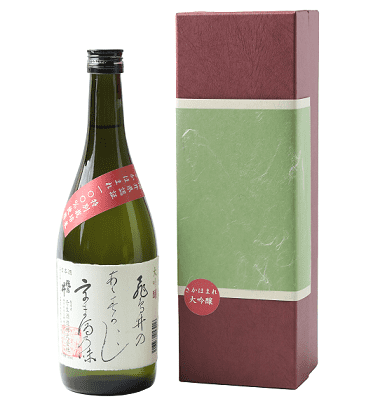
The environmentally friendly, yet sophisticated Asukai Sakahomare Daiginjo uses minimal pesticides in its production, and is brewed using
100% Fukui-original Sakahomare sake rice. Unlike its sister sake, this daiginjo is characterized by gentle acidity to pair with its rice-flavoured natural sweetness and an elegant aroma.
Funaki Sake Brewery
“Quality first” lies at the center of Funaki Sake Brewery’s business philosophy. Living up to more than 150 years of heritage and tradition, the brewery uses pristine groundwater from the Kuzuryu River. And just like a magician’s well-honed craft in action, Funaki’s sakes differ from other breweries: no other industry players can brew sake with as many as nine different varieties of rice—including new ones—at will.
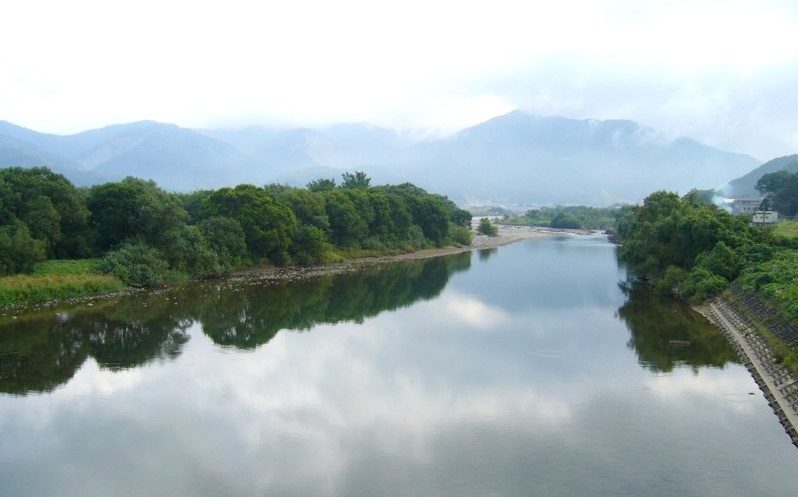
Part of the magic lies in Funaki’s usage of Kuzuryu Rice, a new breed native to northern Fukui, and eight other different high-quality rice varieties grown in fertile rice paddies of the Fukui Plain. The resulting brew has no particular added aromas or flavors, so its clear, mellow taste is a versatile match with a broad array of dishes.
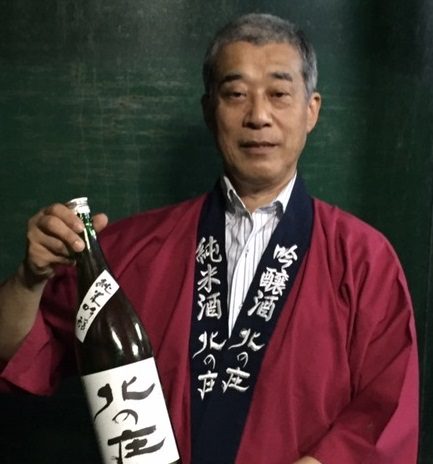
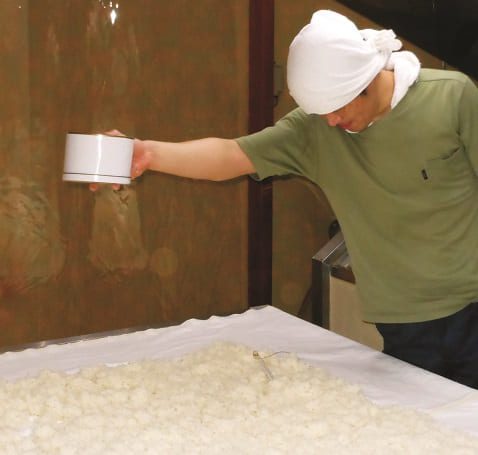
●Junmai Daigin “Nozomi” Yamadanishiki
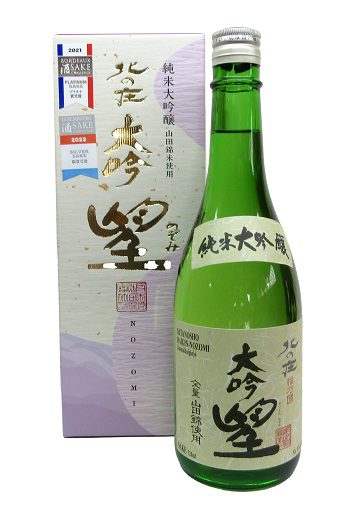
For a harmonious combination of fragrant aroma and savory taste, try the Junmai Daigin “Nozomi” Yamadanishiki. In Japanese, nozomi means hope, and it is with this pleasantry that Funaki wishes you a delightful drinking experience.
●Junmai Ginjo “Kuzuryu” Kuzuryu rice
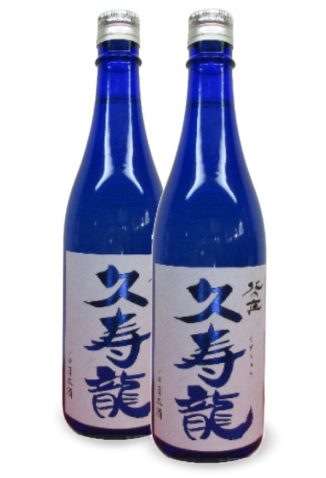
Named after the Kuzuryu River, which means “nine-head dragon”, or alternatively, the “dragon of everlasting happiness”, the Junmai Ginjo Kuzuryu has a fragrant, smooth and dry taste.
●Kimoto Junmai Ginjo Genshu “Kitanosho” Koshi-no-shizuku
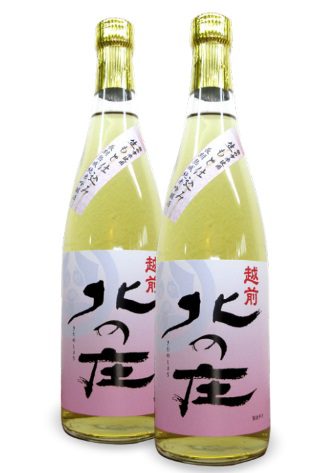
Accounting for just 6% of sake brewing techniques in Japan, Kimoto is a traditional method taking twice the time and effort, and requiring sensitively calibrated methodologies. The Kimoto Junmai Ginjo Genshu “Kitanosho” Koshi-no-shizuku, borne from this process, contains a higher amount of peptide amino acids. The result? Oshi-aji, a deep, long-lasting umami flavour profile.
Obama Sake Co. Ltd.
As a successor of Wakasa Fuji and the centuries-old Yoshioka Brewery, Obama Sake aspires to breathe new life into an industry steeped in rich tradition. Amidst a fast-changing business landscape, the recently established brewery punches above its weight by promoting Fukui’s regional development. Awarded the Platinum Award at Milano Sake Challenge 2023, Obama Sake is the rising star to watch. Scoop up three of their genuine Fukui-native sakes.
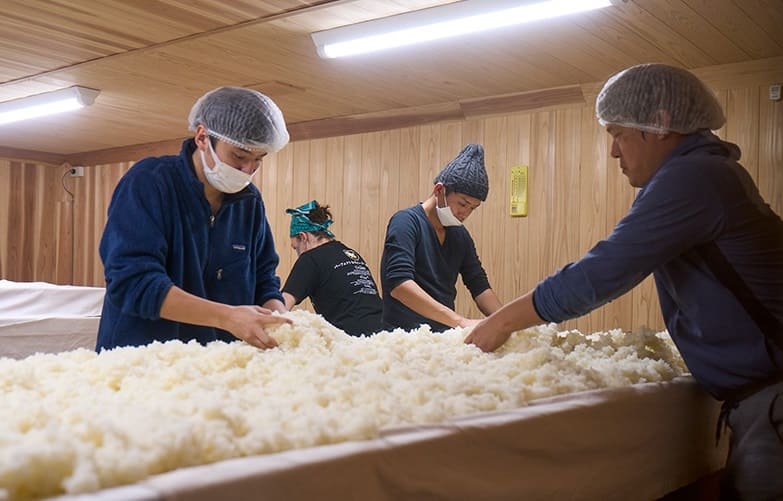
●Daiginjo Wakasa
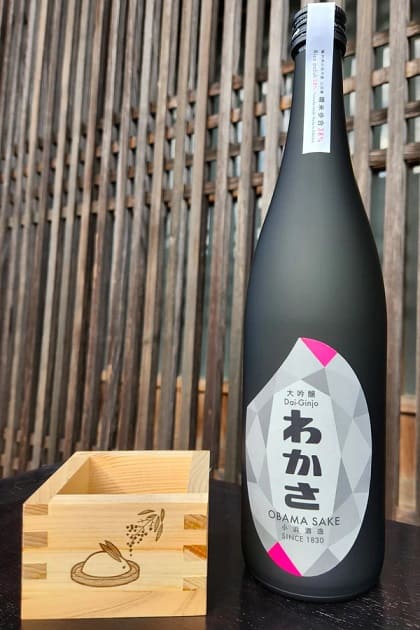
Obama’s Daiginjo Wakasa uses FK-801C, a locally-developed yeast, and luxuriously polished 38% Yamadanishiki rice. Grown in Miyagawa, Obama City, the specialty rice is brewed with groundwater of the Minamigawa River, coursing through Obama City itself—a testament to the pride of local produce. Opens with a refreshing and expansive fruity aroma reminiscent of green apples, followed by a moderate sweetness of melon and umami of rice.
Yamadanishiki polishing ratio:38%.
Sake degree: +1.5.
Alcohol content: 17%.
●Junmai Ginjo Wakasa
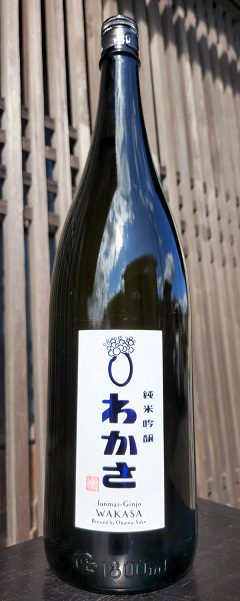
If you fancy a sake that pairs well with clean, balanced cuisines such as sushi and sashimi, try the Junmai Ginjo Wakasa. Best served chilled, the all-Fukui junmai ginjo sake uses Gohyakumangoku rice. With a fruity aroma, this sake is slightly sweet and smooth to drink.
Gohyakumangoku polishing ratio: 65%.
Sake degree: -1.2.
Alcohol content: 16%.
●Junmaishu Wakasa
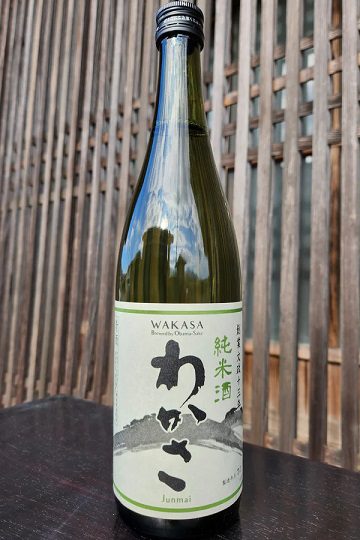
Made from Obama City’s Gohyakumangoku rice, a variety suitable for sake brewing, the Junmaishu Wakasa is also brewed using groundwater from the Minami River that flows through Obama City. This junmai sake has a rich aroma akin to typical Japanese selections, with a slightly sweet and smooth taste. Excellent compatibility with seafood, whether fresh or processed.
Gohyakumangoku rice polishing ratio: 65%
Sake content: +3
Alcohol content: 16%
RICE MATTERS!
Sake isn’t just made from your everyday grain options bought from the local supermarket. Japan’s traditional rice wine requires specific varieties of rice, called Sakamai, suitable for sake brewing.
Sakamai’s distinct characteristics, including grain size, starch content, and water absorption rate, make it uniquely well-suited for the fermentation and brewing process, resulting in premium sakes with refined flavors and aromas.
It’s a prime example of how the cultural and agricultural heritage of a region—in this case, Fukui Prefecture—contributes to the production of high-quality sake. Within each bottle, you’ll find the perfect embodiment of tradition and innovation in Japanese craftsmanship.
One of the latest varieties of rice includes Sakahomare. Known as the “miracle rice” and registered in 2018, the Fukui-cultivated rice was borne from eight years of selective breeding. Just one lineage is specially picked among a pool of 8,000 rice plants! With hopeful intents aplenty, Sakahomare’s name expresses well-wishes of prosperity to anyone who drinks delicious sake made from these exemplar grains.

